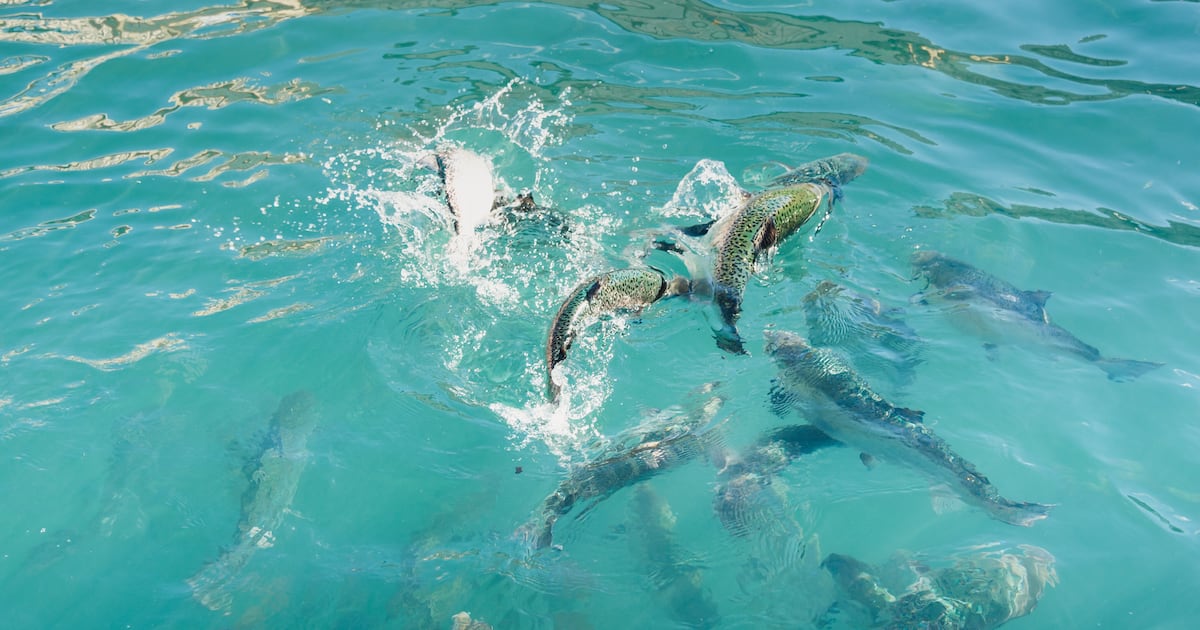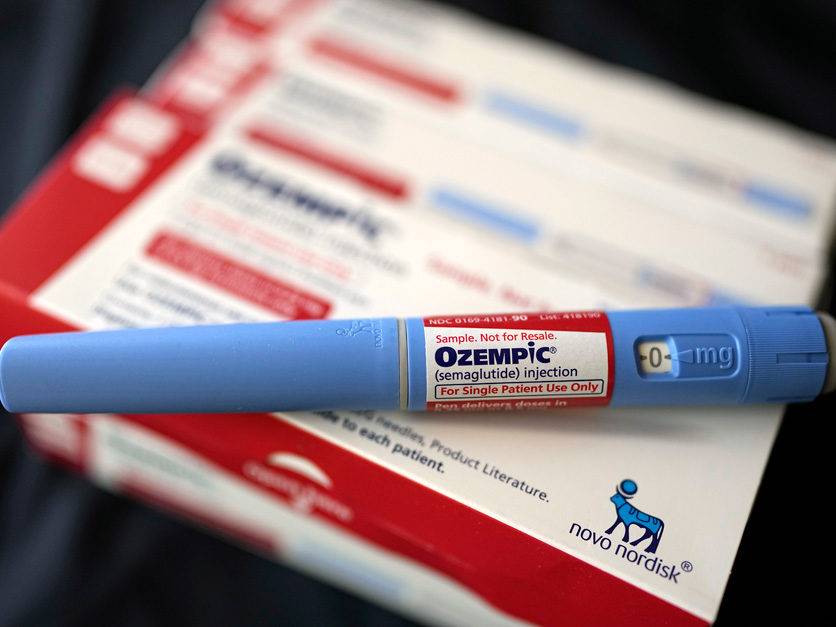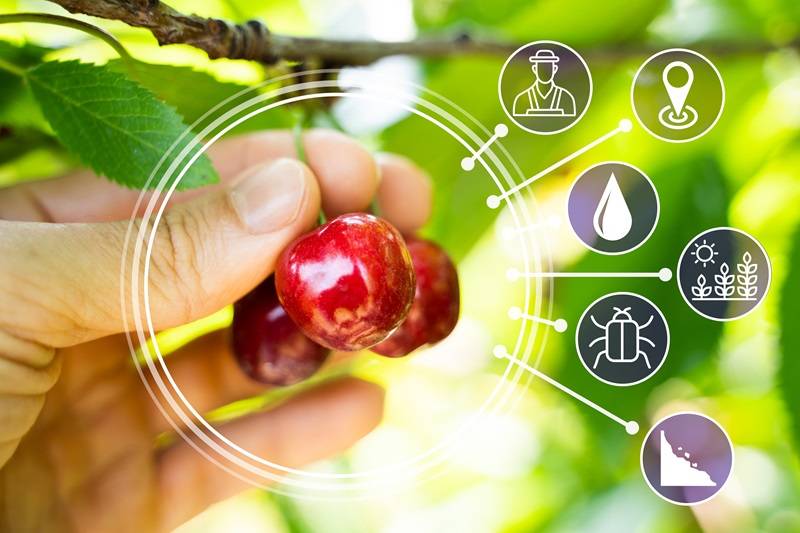The aquaculture industry is facing a critical challenge in ensuring a stable supply of essential omega-3 fatty acids, EPA, and DHA, amidst increasing demand and environmental constraints. To address this challenge, feed companies are exploring innovative solutions such as algae-based oils, GM crops, and other novel ingredients to revolutionize aquafeed sustainability. With advancements in technology and strategic collaboration across the value chain, these alternatives have the potential to reshape global aquaculture by reducing reliance on finite marine resources while maintaining high nutritional standards. Industry leaders like Skretting, Cargill, and Veramaris are at the forefront of this innovation.
Bastiaan van Tilburg, CEO of aqua feed major Skretting, highlights the company’s commitment to securing a stable and reliable supply of EPA and DHA for the aquaculture industry. By transitioning from a short-term operational focus to a long-term vision and strategic contracts, Skretting is positioning itself as a key facilitator in scaling up novel ingredients, driving innovation, and fostering partnerships that deliver value across the entire industry.
Ted Andreas Mollan, ingredient solutions director at Cargill, emphasizes the need to find alternative sources of EPA and DHA to address the supply-demand gap and mitigate the impact of cyclic weather events. Algal oil has emerged as a viable alternative to fish oil, with Cargill incorporating it into all salmon feed in Norway and planning to expand its use further in the coming years.
The algae oil market is expected to grow as technologies mature and economies of scale are achieved. Algae oils offer comparable bioavailability and nutritional efficacy to fish oil, making them a sustainable and consistent source of essential fatty acids for fish and shrimp. Companies like Skretting and Cargill are conducting extensive trials to ensure the performance of algae oils meets the required standards for optimal growth and health outcomes in aquaculture.
In addition to algae-based sources, companies like Skretting are also exploring genetically modified (GM) crops, yeast, and bacteria as alternative sources of omega-3. By diversifying feed ingredients and collaborating across the value chain, these companies aim to ensure resilience and flexibility in the supply chain while minimizing social and environmental impact.
Veramaris, a supplier of microalgae-based EPA and DHA, has established itself as a reliable supplier of essential omega-3 fatty acids for aquafeed, pet food, and human supplements. The company is working on doubling production at its facility in Nebraska to meet potential increases in demand, while also focusing on reducing its carbon footprint and promoting sustainability across the seafood supply chain.
Overall, the aquaculture industry is moving towards a more sustainable future by embracing innovative solutions and alternative sources of essential nutrients. Collaboration across the value chain, investment in technology and research, and a commitment to sustainability will be key to overcoming the challenges and ensuring a stable supply of EPA and DHA for the growing global population. Companies like Skretting, Cargill, and Veramaris are leading the way in this transformation, paving the path for a more sustainable and efficient aquaculture industry.




